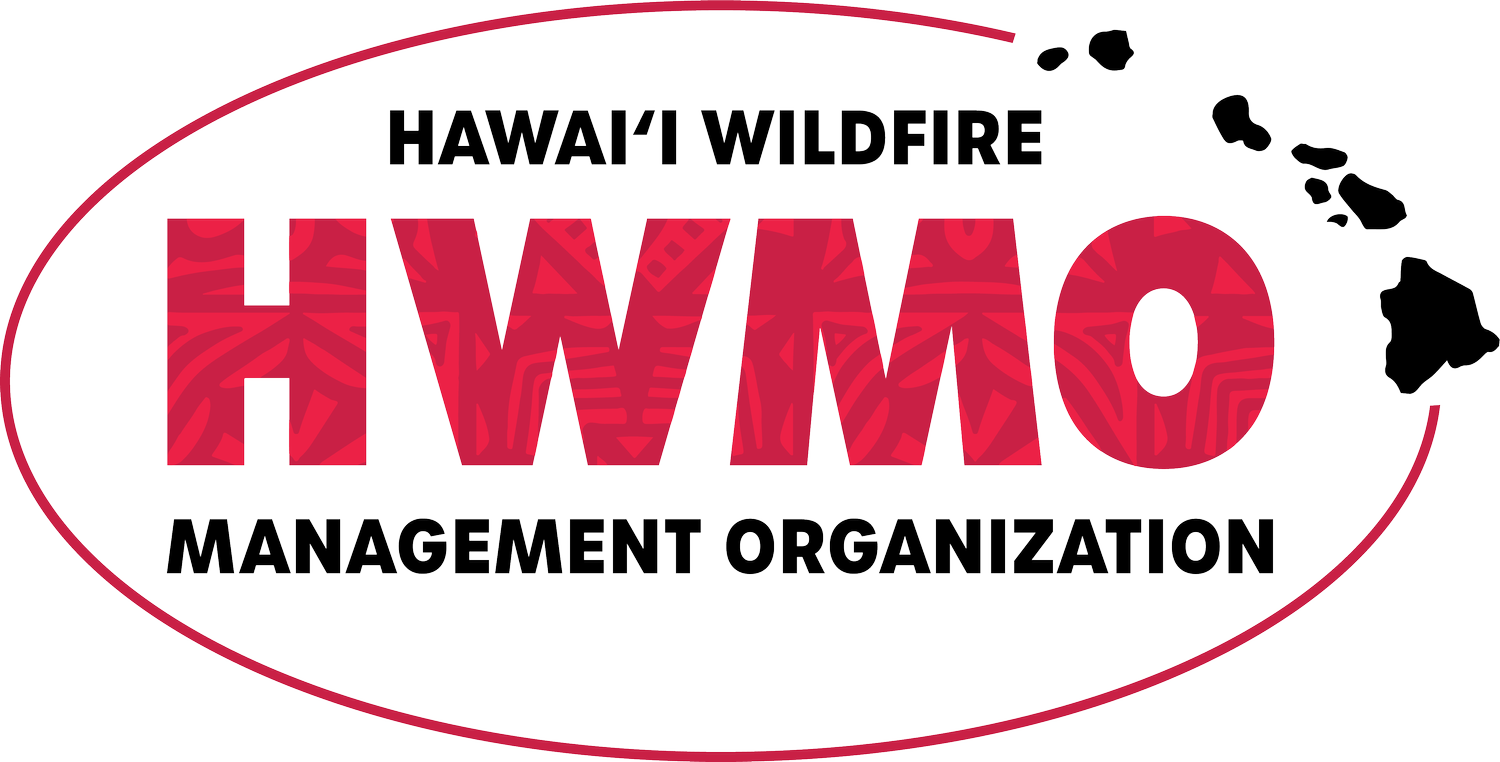Site-specific, real-time fire weather updates using Google Maps API platform.
National Weather Service - Home
FIREMON: Fire Effects Monitoring and Inventory Protocol Webpage
Extension at the Wildland-Urban Interface: A Case Study of Community Fire Planning
“The recent nationwide emphasis on community fire planning provides an important new opportunity for Extension. This article presents a case study of Extension involvement in neighborhood fire planning. We describe how intensive neighborhood outreach, design, and delivery of educational programs and facilitation of a steering committee have improved neighborhood cohesion and interagency coordination in addressing wildfire issues in a 250,000-acre watershed.”
Fire Effects Information System
FEIS contains literature reviews on more than 1,100 species and their relationships with fire. Reviews cover plants and animals throughout the United States. However, flora and fauna of Hawaii are not covered (except in the limited cases where these species occur on both the mainland and the islands). This site provides a wealth of information for NEPA, resource planning, and fire management.
Compare Wildfire and Acres Burned
Middle School Science Education Journal
Disaster Preparedness and the Cooperative Extension Service
Forestry Mini College: A Cost-Effective Way to Educate Non-Industrial Private Forest Landowners
“This article describes the forestry mini college (FMC) format as an educational tool that can be used by Extension forestry personnel to cost-effectively deliver research-based forestry information to many private forest landowners. A description of an existing forestry mini college program in Montana provides insight as to the method's effectiveness."
